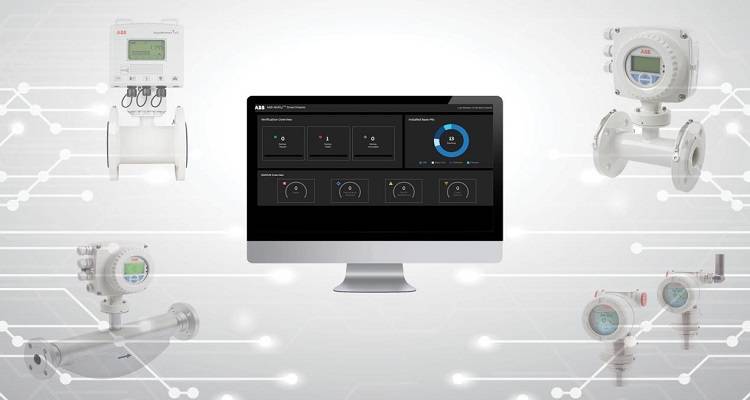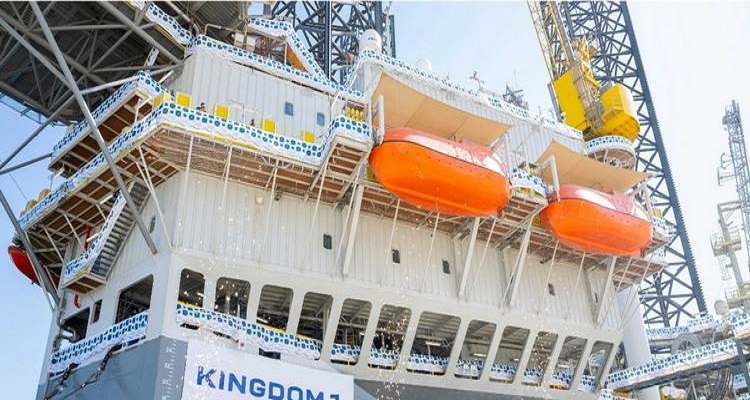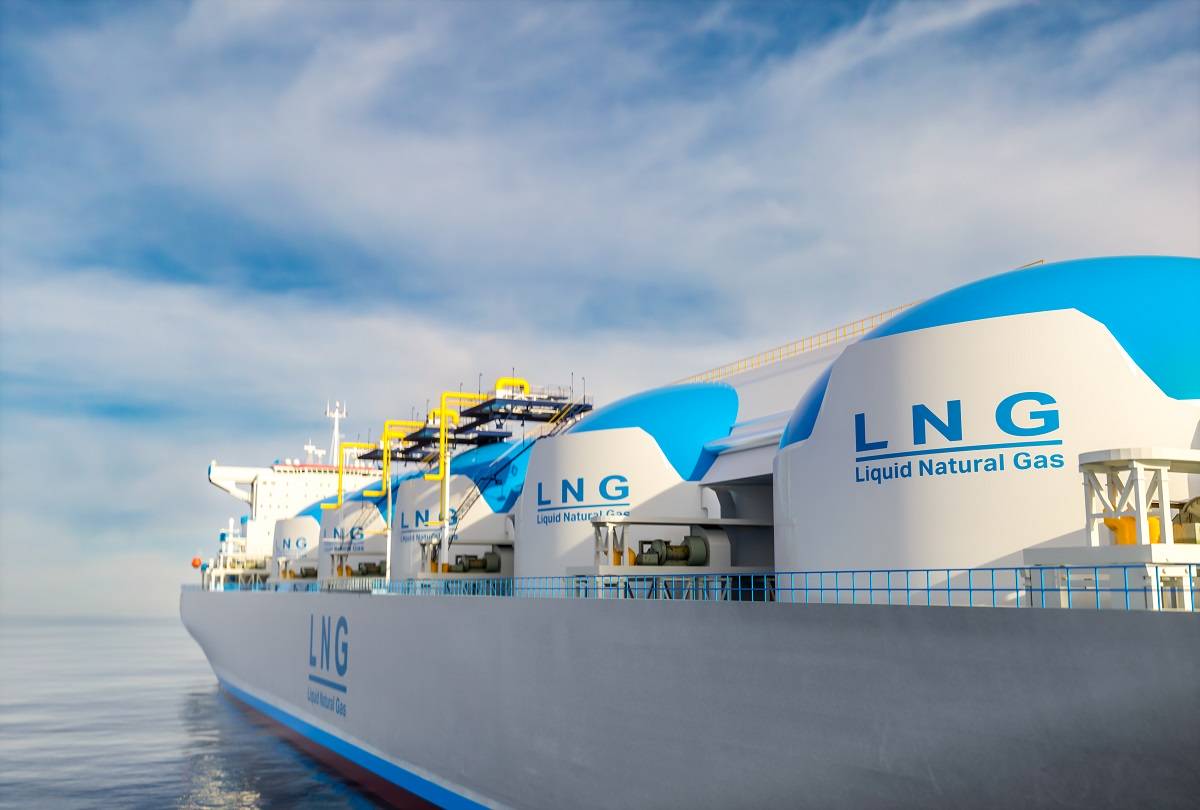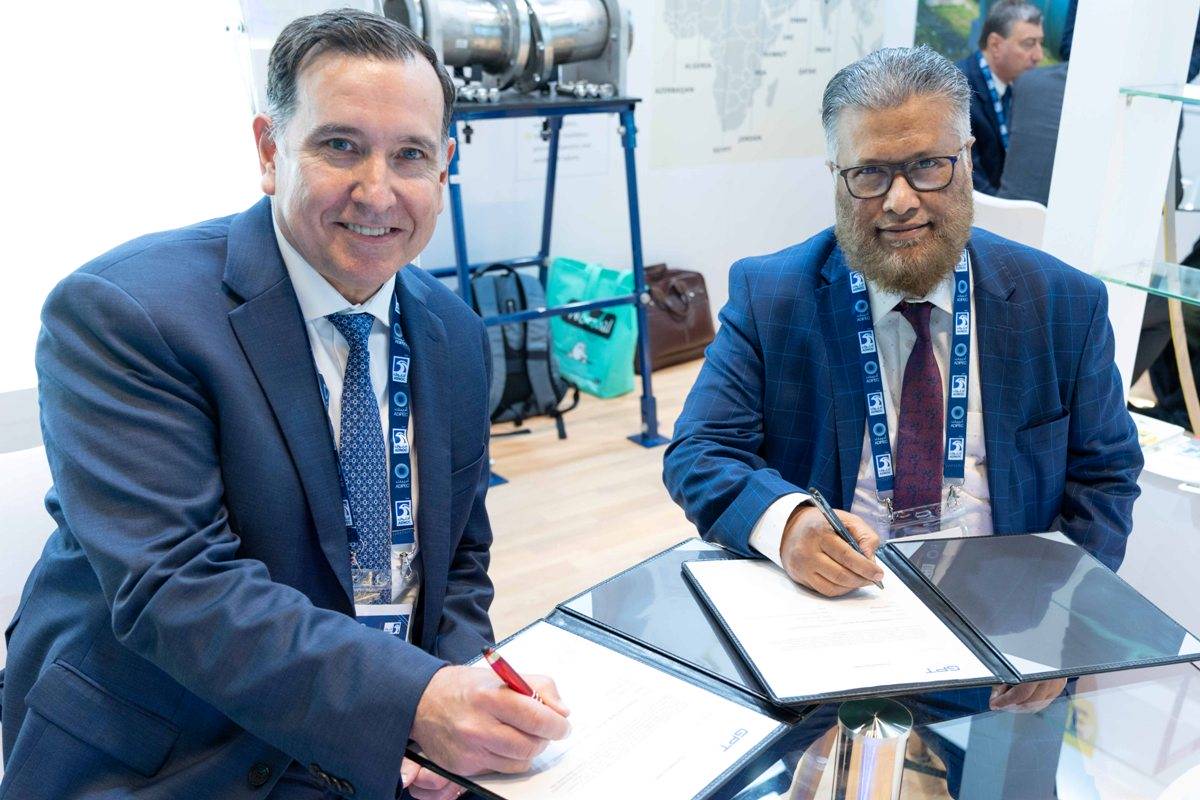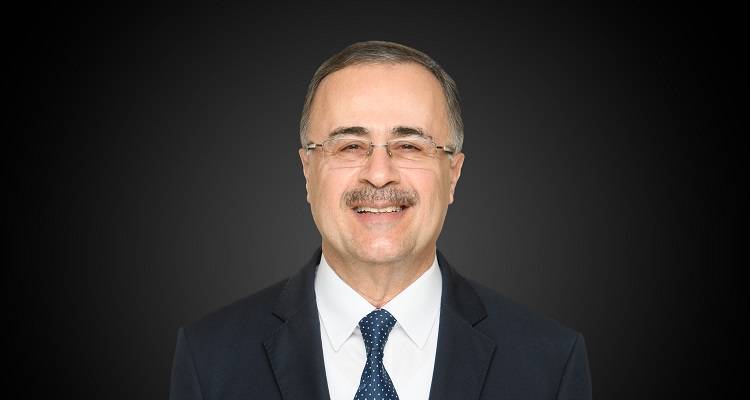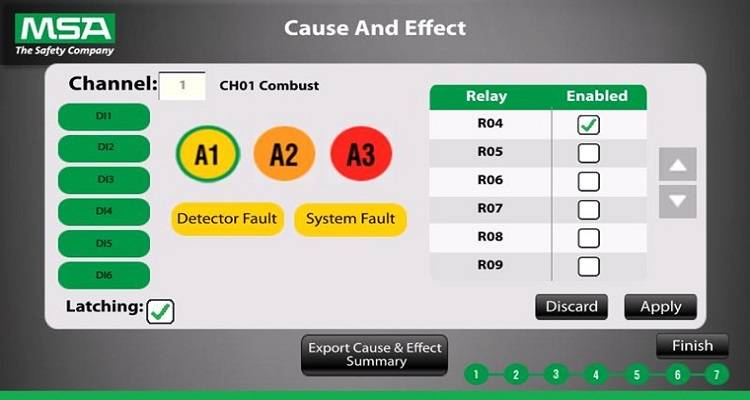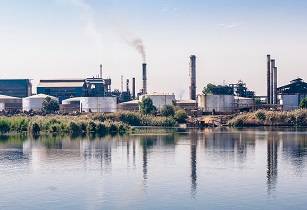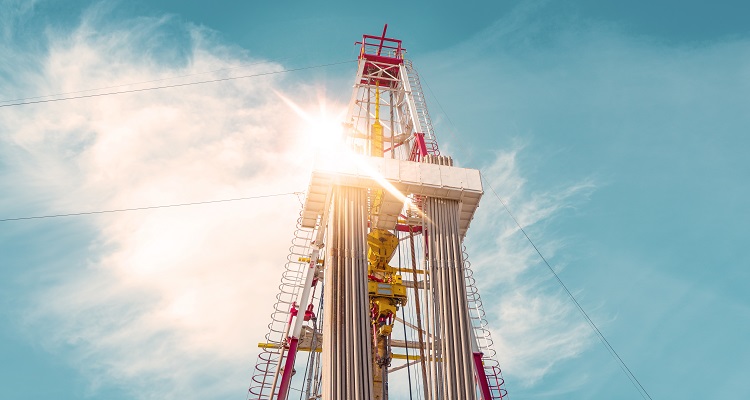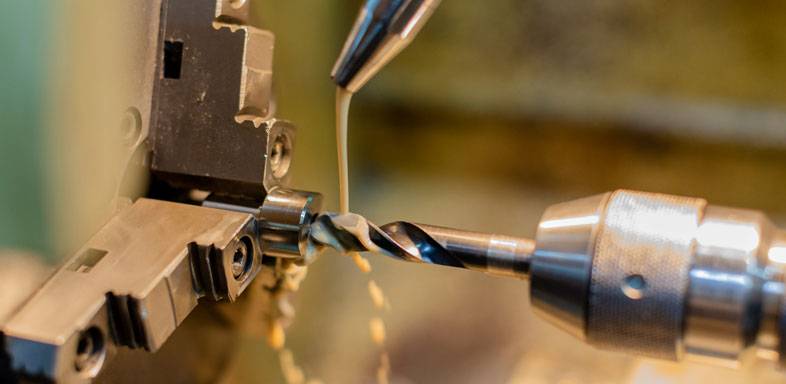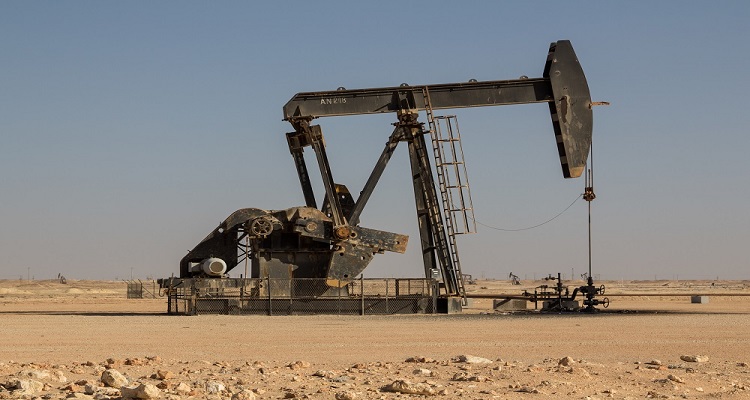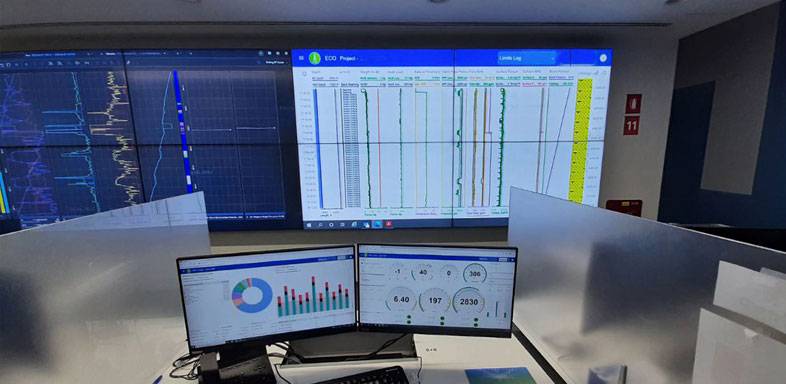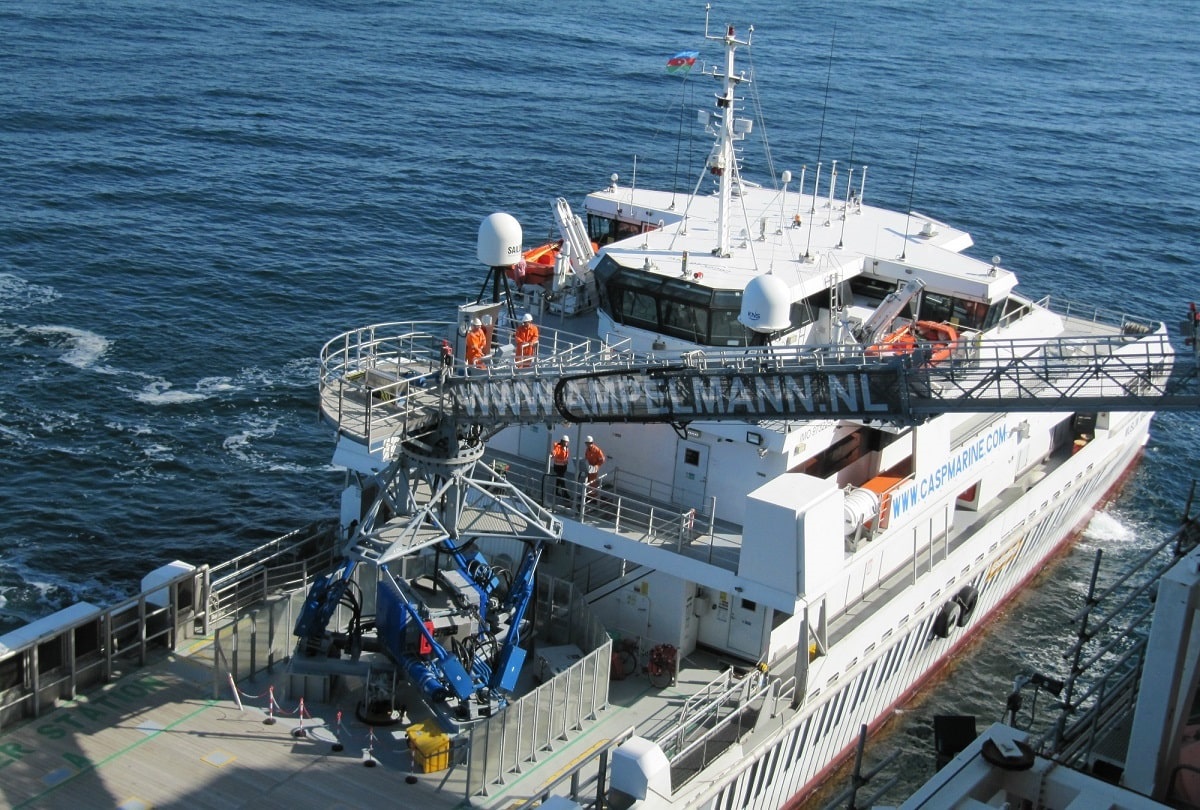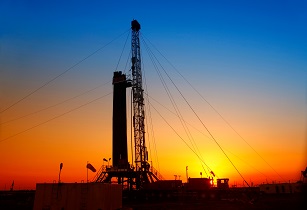ZYFRA Group, Finnish-Russian AI and IIoT solutions developer, has successfully tested an Electrical Submersible Pump (ESP) software unit
The software is designed to enhance the efficiency of oil extraction by boosting oil well production rates by 1.5 per cent without any additional capital investment.
The company aims to capture a sizeable share of the global market of digital solutions for the upstream oil and gas industry valuing US$366mn. The total global market in this sector is valued at up to US$8.9bn.
The software is equipped with artificial intelligence to provide recommendations based on historical Big Data analysis.
The unit recommends a mode of well operation that will ensure maximum oil flow rate for a certain period of time and provides for stable operation during that period by analysing current frequency, gauged oil flow rate, periods of intermittent pump operation and other operating parameters.
The company stated that the highest demand for the ESP software unit is expected from Russia, the US, Canada, Southeast Asia, northern and West Africa and the Middle East.
Dmitry Krikunov, ZYFRA’s AI team leader in the oil and gas sector, said, “Scientists regularly claim that the era of oil will end soon and that readily available hydrocarbons are almost exhausted. The digitalisation of the oil and gas industry will help simplify the extraction of hard-to-recover oil while at the same time extending the lifespan of the oilfield by more than one decade.”
“The primary motivation for investing in digitalisation is to improve efficiency. According to Gartner, the ‘smart oil deposit’ concept could help oil companies to cut costs by five per cent and enhance production volumes by two per cent. CERA calculates that ‘smart oil and gas deposits’ could cut production costs by one–six per cent, shrink oil-well downtime by one–four per cent and reduce labour intensity by up to 25 per cent,” he added.







